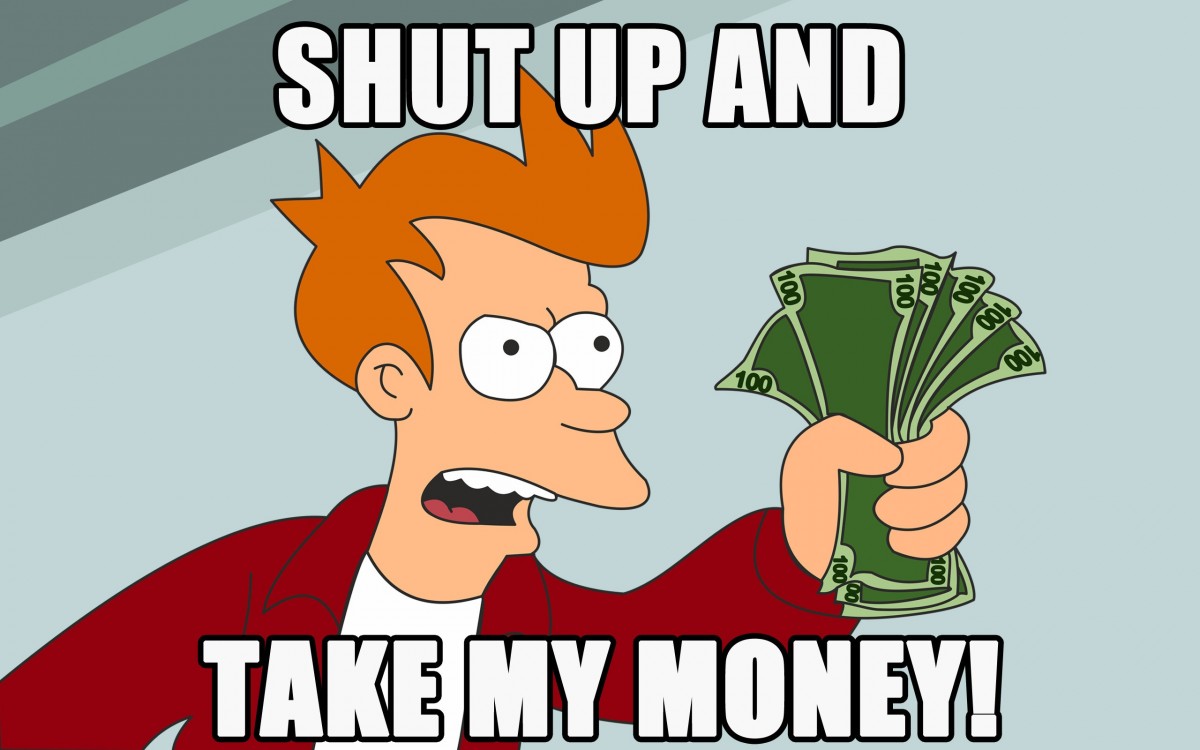
What is it like to be a billionaire in the United States? According to billionaire venture capitalist Tom Perkins, wealth is a burden made "unbearable" by people of lesser incomes when they demand equality. That was the narrative published by the corporate news machine at the Wall Street Journal.
Taking time away from maintaining the world's largest luxury yacht, Perkins compared progressive movements seeking social and economic justice to the horrific persecution of Jews by Nazi Germany. Sensible people were quick to denounce such ludicrous comparisons with the Holocaust.
But Perkins's fellow oligarchs continue endorsing the narrative of a "hard-working" class of wealthy people "under siege" by a "lazy" class of poor people. According to billionaires like Sam Zell and Wilbur Ross, they are being targeted by poor people jealous of what they have and incapable of working as hard as they do.
These billionaire oligarchs offer a simple suggestion: stop whining, get educated, and work hard like they do. Never mind how they greatly exaggerate their work ethic, or how little education matters to employers paying wages lower than our grandparents' wages.
Ignore the institutional advantages allowing the wealthy people to thrive following the 2007 Wall Street created economic collapse. Just follow the billionaires' example and maybe you can enjoy celebrating extreme wealth and special privilege at everyone else's expense.
These cries of "persecution" might be considered more thoroughly if they were not so woefully ignorant of reality. Oligarchs like Perkins are quick to label poor people as lazy, jealous "takers" feeding off their hard work, but the reality is oligarchs receive more government subsidies than food stamps and housing assistance combined.
They tell us they deserve such government support for paying the most taxes, yet conveniently ignore the fact that they pay a smaller proportion of income in taxes than the rest of us. Their self-proclaimed status as "job creators" is a common excuse for paying less taxes, but even their fellow capitalists dispute such fantasies. It is hard to take their complaints of "oppression" seriously when Wall Street oligarchs are caught celebrating their wealth and privilege while laughing at the struggles of an economy they helped ruin.
The myth of the downtrodden super-rich is not just the delusion of a few old white men. Wealthy people are often so isolated from the rest of us, many of them have forgotten how rich they really are. So when the general public speaks out against social or economic inequality, plutocrats like Perkins perceive this as unjust "vilification" of a wealthy class deserving of their fortune. Their perception is unequivocally false, but it creates real consequences for everyone else.
When plutocrats are threatened by progressive demands for equality, they react quickly to defend the inequality maintaining their wealthy status. This defensive attitude can be seen when they double down on their outrageous narratives, emboldening them to express their sense of entitlement. According to men like Perkins, our electoral system "should be like a corporation" where millions of dollars paid in taxes entitles him to millions of votes.
The "Tom Perkins System" might sound appealing to wealthy plutocrats reaping the lion's share of income growth from the nation. But study after study has demonstrated how money buys both access and influence in Washington. The correlation between policy preferences of the wealthy and newly enacted laws are clear as day.
There is a stark difference between the political goals of the wealthy and the common interests of everyone else. The Supreme Court made this difference clear in Citizens United declaring the political spending of corporations to be "protected speech" under the First Amendment.
This decision effectively awarded the wealthiest Americans another exclusive privilege no ordinary person can match: unrestricted spending through artificial entities they control. Their use of "corporate persons" has flooded our local, state, and federal elections with increasing expenditures to both political parties, drowning out the collective voice of the people.
This historical precedent of corporate personhood and money as speech cannot silence us forever. Now more than ever, Americans demand a government equally representative of everyone regardless of race, class, gender, or income. The We the People Amendment would end the practice of the super-rich using their corporations as "people" by prohibiting the spending of money as protected speech.
Comments like those of Perkins, Zell, and Ross are illustrative of their desperation to maintain their own status. Plutocrats will say anything – make up any outlandish excuse – to distract us from the genuine problem of social and economic inequality. In the words of one protester: "We don't mind that you're wealthy, we mind that you stole our democracy."
3 WAYS TO SHOW YOUR SUPPORT
- Log in to post comments
















